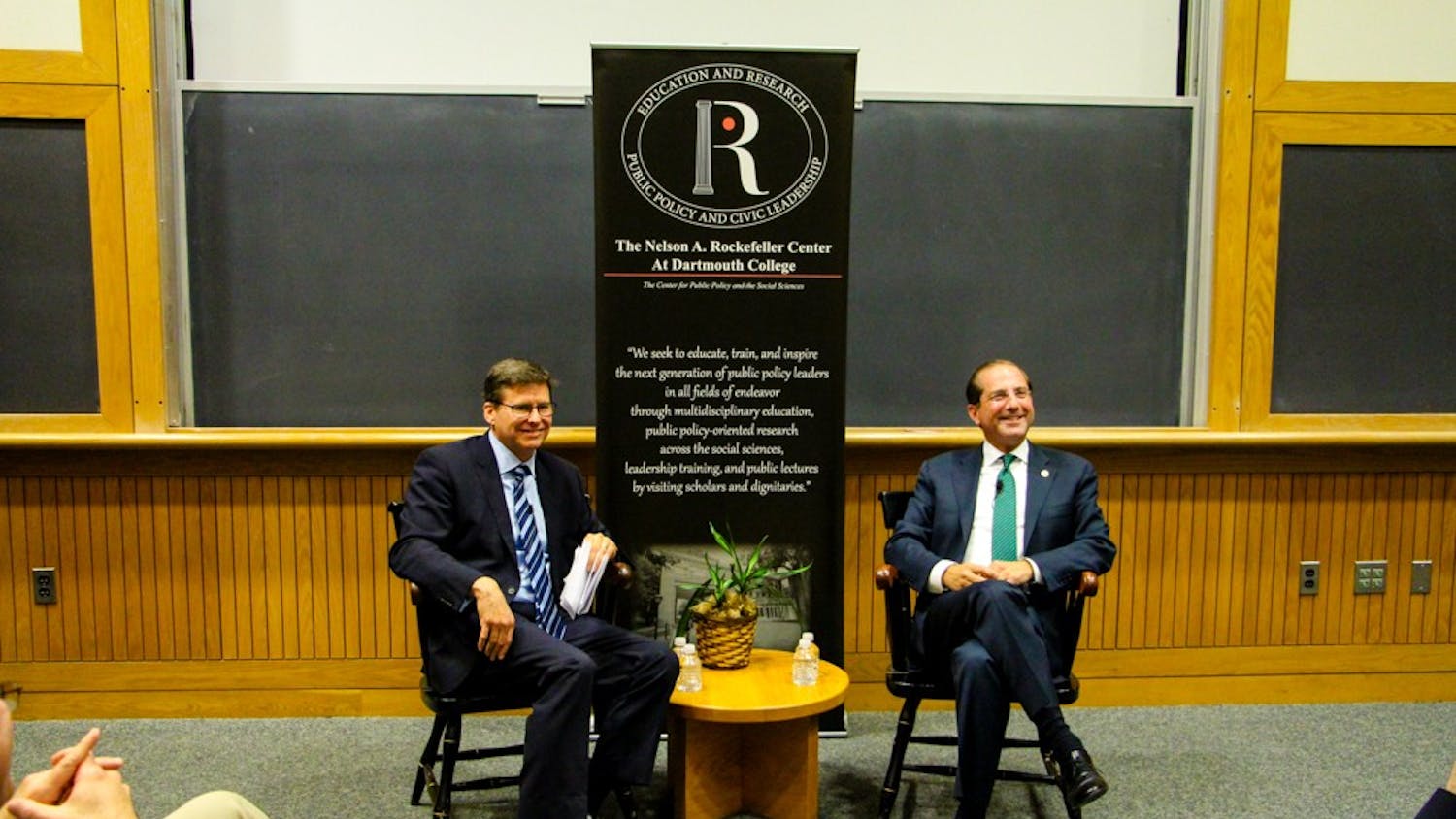On Sat., Nov. 9, two dozen citizens of Topeka, KS rallied on the steps of their statehouse for better laws for the safety of children in the foster care system.
Something needed to be done. In November of last year, a lawsuit was filed by local advocates and two children’s rights groups on behalf of 10 children in the foster care system against the Kansas Department of Children and Families. The lawsuit accused the Kansas DCF of being responsible for children running away, being neglected, sexually abused in homes, moving homes 30 to 100 times and even housing children in contractors’ offices. One of these children in the foster care system was a 13-year-old girl who was raped in a child welfare office, where she stayed for the night as the system had no home for her.
The foster care system in the United States is extremely flawed, and laws must be put in place to eliminate the profit motive factor in the lives of foster children. Children are being taken away from impoverished families, disproportionately impacting families of color, where the terms “neglect” and “poverty” are confused. Children are taken from homes with guardians doing everything they can to keep them safe, to homes where foster parents are known to abuse or rape children or group homes where children are neglected.
Unfortunately, the over 7,500 children in the foster care system in Kansas are not the only ones with this experience. The root of the problem, however, begins with children being removed from their families. The stories are horrifying.
In 2016, Iowa Department of Human Services took two 10-month-old boys from their parents with no paperwork, court orders or warrants to remove the children from their home. DHS illegally terminated the parental rights, giving the reason of “possible future abuse.” There had been no prior reported instances of abuse in that particular household, and the officers gave no reason for entering the household. In another household, three girls were taken from their grandmother’s home, to be placed in a home that was already reported for abusing a teenage girl.
Why is this important? Unlike many other human rights issues in the United States, this one is not as public. On the news, you very rarely see stories like the ones mentioned earlier. For this reason, students like us who have been privileged enough to be able to attend an institution like Dartmouth should begin to bring light to this issue. Not only could we go on to jobs in public policy and make real changes to the system, but we can start a very necessary nationwide conversation about the foster care system.
Under the current laws, when state agencies enter people’s homes to take children away, they must either have a warrant or consent from the parents or homeowners. This happens very rarely. When families are getting paid to keep foster children in their home, there is no incentive for the foster parents to do anything to help the children find a more permanent home.
Effective solutions to the foster care system are not going to come from the state level. Currently, each state has a Child Protective Services or equivalent department such as DHS or DCF, which are required to abide by state and federal laws. However, many of them don’t. When claims are made, the proper protocol is for these agencies to get consent to investigate your home and speak to your child. Many of these agencies enter people’s homes with no consent and manipulate families into signing papers allowing the agencies to take their children with little to no reason.
Many state CPS/DCS services are privatized, allowing such organizations to operate with an excessive profitable interest. One issue with privatized health care is the potential incentive to receive payments from the government for the months that foster children are under their care. For example, in Kansas, the Development of Children and Families have two nonprofit organizations serving as contractors. One writer, Jamie Schwandt, points out that these payments to these two private contractors stop when the child is adopted, returned to their biological families or receives permanent custodianship. With payments on the line, foster families have less incentive to help children leave their home. In addition to this, although the contractors Saint Francis Community Services and KVC Behavioral Healthcare, are nonprofit organizations, there is still pressure to make money, and they make money from the state per child in the foster care system. When it comes to children’s lives and futures, money should never be an incentive to decrease opportunities or care.
Currently, taxpayers are paying $22 billion a year on the foster care system. Some might say that families should be grateful for a foster care system to exist in America and leave it at that. However, while $22 billion is going into the foster care system, nobody seems to think the system needs any more help than that.
These children are American citizens who are worthy of everything it means to be one. To throw money at this problem and call it fixed is proof that our government doesn’t care about the children in the foster care system. What really needs to be done is to put laws in place to eliminate the privatized money-making factor in the foster care system and place the focus back on the children in need.



